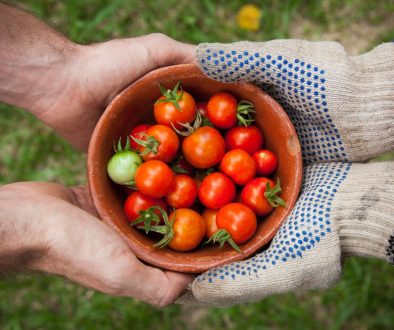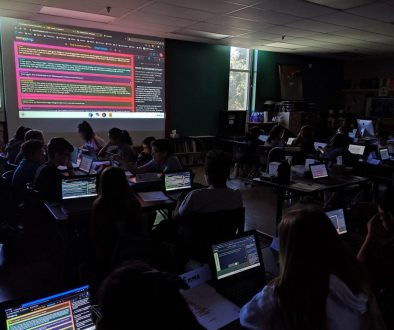Using color-coded writing frames, essaypop has discovered the key for writing perfect paragraphs and essays. Share this with your students.
All great academic writing comes down to four things.
Writing great paragraphs can be intimidating, but remember, proficiently written paragraphs always possess three elemental components, a thesis sentence or claim, research or evidence, and explanation or analysis.

The thesis statement or claim
This element is extremely important as it is where you will state your claim or intention of the paragraph (some people call this element the topic or thesis sentence). It’s smart to use words from the prompt itself as you write this section. Typically the thesis is one or two sentences in length. Take a look at the help in the sidebar if you’d like to see some examples.

Evidence / Proof / Research
Most writing prompts are going to ask you to use some sort of text evidence to help prove your thesis or claim. That’s where the green frame comes in. Here’s where you will place things like relevant quotations from the text. It’s important that you introduce them smoothly into your paragraph. You can access sentence starters that will help with this. The graphic below shows you how to access this useful tool.

Adding elements (like more quotations from the text) is really easy to do. It’s pretty common to want to add more evidence from the text to make your point more clear; the graphic below shows you how to do this. Also, you can move the frames around and rearrange them by grabbing the little handle in the bottom-right of each frame.

Interpretation / Analysis
Once you’ve included one or more relevant quotations from the text to support your claim, the next step is to explain and analyze things in your own words. This is what happens in the purple frame. Here, you can go into as much detail as you would like to prove your claim and make things clear for your reader.
Remember, you can always take a look at examples in the sidebar (just click the title of any element), and find useful sentence starters by clicking the two-triangle icon in the lower-left corner of the frame.

The Closing
You’re mostly done with your paragraph. Woo hoo! All that is needed now is a closing statement or a summing up of your thoughts. This happens in the yellow writing frame. Here’s your chance to give your reader a final something to think about and to make your paragraph feel finished. Readers really appreciate it when you wrap things up for them.

The Finished Paragraph
Congratulations, you’ve finished a beautiful and structured paragraph with a clear thesis or claim, supported by evidence from the text that you’ve thoroughly explained in your own words and nicely wrapped up at the end. Here’s more or less what the finished paragraph will look like when all the frames are completed.
To see what the paragraph will look like in a more traditional format, simply click the eyeball icon.

From this view, you can now export your paragraph to a PDF or Google Doc, and then turn it in as instructed.

This concludes the article. Have fun and good luck!




